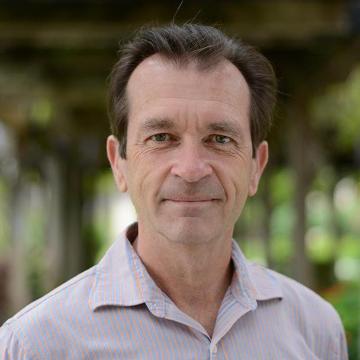
Is a Liberal Arts Education Dying?
In an article entitled "Get Rich U" published in the New Yorker, author Ken Auletta discussed the cozy relationship between Stanford University and Silicon Valley companies. In the provocative article the author states: “There are no walls between Stanford and Silicon Valley.” He then asks: “Should there be?”
These developments contribute to the perception that traditional liberal arts education might be a quaint relic and that higher education that maximizes success in business and technology is where the future resides.
While computer science is the number one major at Stanford, business is the number one major across the country. These developments contribute to the perception that traditional liberal arts education might be a quaint relic and that higher education that maximizes success in business and technology is where the future resides. PayPal founder Peter Thiel now offers $100,000 grants per year through his Thiel Foundation to 20 students under the age of 20 who drop out of college to open start-ups.
The rising costs of higher education, the inability of many college graduates to find satisfying and gainful employment within their area of studies after graduation, the increase in and acceptance of long-term unpaid internships for a year or more after college graduation, and higher expectations for luxury and glamorous living all contribute to the view that liberal arts education is dead or dying.
At its very best, a Jesuit, Catholic liberal arts education seeks ways to discover our God given gifts and to use reflection and discernment to apply these gifts to help solve the world’s needs and problems.
But here at SCU our Jesuit, Catholic traditions and tradition offers a value-added approach to higher education in general and in liberal arts education in particular. It does more than merely add a few required religious studies classes to a core curriculum. It infuses all that we do on campus both in and outside of the classroom. At its very best, a Jesuit, Catholic liberal arts education seeks ways to discover our God given gifts and to use reflection and discernment to apply these gifts to help solve the world’s needs and problems.
We want our students to be competent, ethical, and compassionate global citizens, deep thinkers who love learning and helping others. We want them to discover their gifts and to reflect, discern, and explore how to use their talents in the service of others and of the world. Yes, we want them to be able to be gainfully employed, but our goals are bigger, bolder, and more transformative than merely finding a high paying job after graduation.
We want to educate their whole person to help them live a life that is worth living. The good news is that we know how to do this and data from various sources suggest that we are doing it pretty well. The bad news is that this message is not easy for students, parents, and society at large to understand and appreciate in contemporary times when so many think that they want to attend “Get Rich U” rather than “Get Transformed U”!
Jesuit, Catholic higher education in the liberal arts tradition seeks to help transform students to discover and nurture their gifts and to use them to create a more humane, just, and compassionate world. It is so much more than just finding a job, and it should be.
-----------------------------------------------
*This article is based on "Get Rich U or Get Transformed U: Reflections on Catholic liberal arts education in the 21st century." An article I wrote that was published by Integritas in fall 2013.

